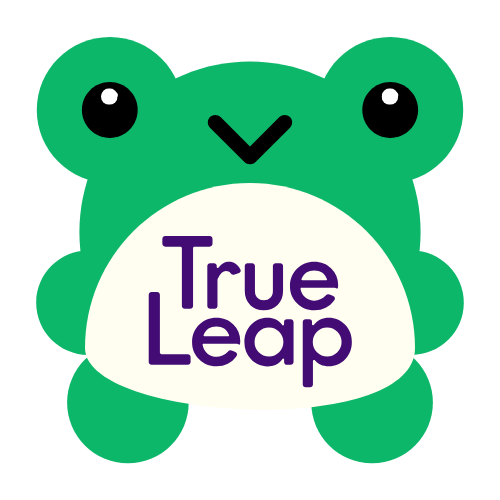What is Project-Based Learning (PBL)?
Project-Based Learning (PBL) is an instructional approach where students actively work on real-world problems or questions over an extended period. It emphasizes inquiry, collaboration, and the application of knowledge to create a final product or solution. PBL moves away from traditional teacher-led instruction, focusing on student-driven learning.
Key Characteristics of PBL
Real-World Problems: Projects are based on real, relevant issues.
Student-Centered: Students take responsibility for their learning.
Collaboration: Students often work in teams to solve problems.
Inquiry-Driven: Encourages curiosity and critical thinking.
Public Presentation: The project culminates in a presentation or product.
Benefits of PBL
Critical Thinking: Encourages problem-solving and deep analysis.
Engagement: Students are motivated by working on meaningful projects.
Collaboration: Promotes teamwork and communication.
Creativity: Encourages innovative thinking.
Real-World Skills: Prepares students for real-life challenges and careers.
Intrinsic Motivation: Students take ownership of their learning.
How PBL Helps Students
Hands-On Learning: Students apply knowledge practically, enhancing understanding.
Interdisciplinary: Combines subjects, showing how knowledge works together.
Autonomy: Students have control over the project direction, fostering responsibility.
Long-Term Retention: Applying knowledge leads to better long-term recall.
Examples of PBL
Environmental Sustainability: Students create a waste reduction plan for their school and present it to the community.
Community Garden: Students design and manage a garden, learning about sustainability.
History Project: Students explore historical events and present findings in a multimedia format.
Technology Project: Students design an app or website to solve a community issue.
Conclusion PBL enhances learning by making it relevant, engaging, and hands-on. It promotes critical thinking, creativity, collaboration, and real-world skills, preparing students for future challenges.

